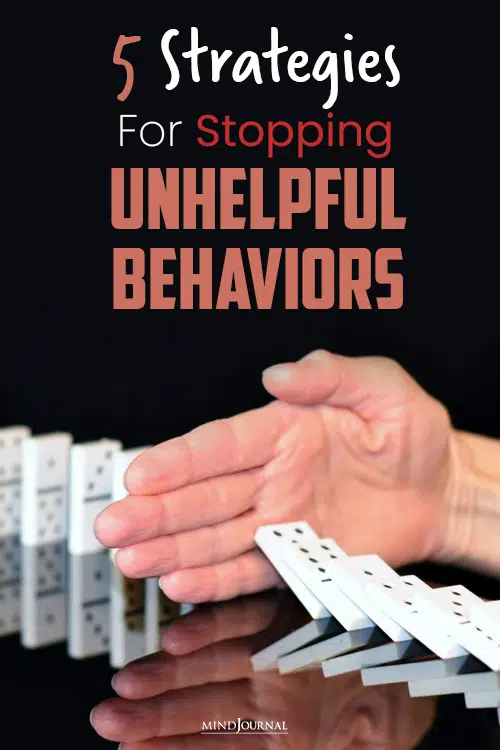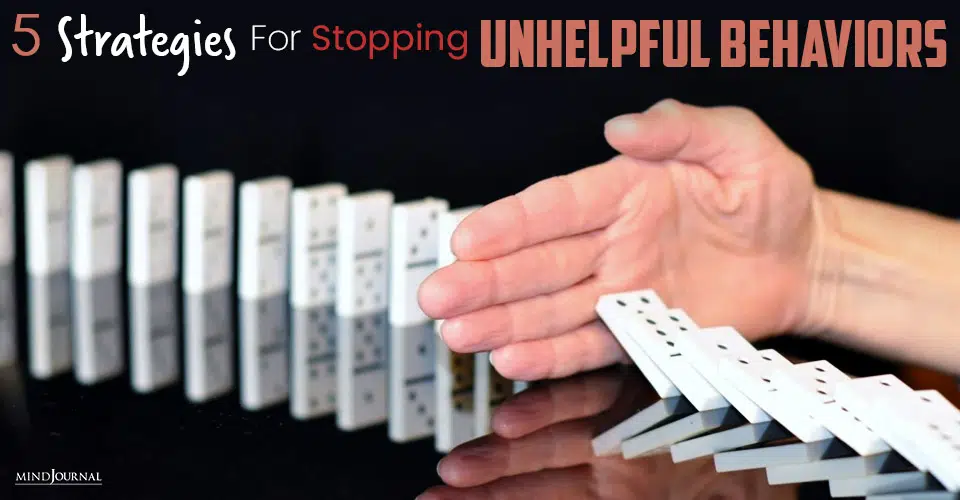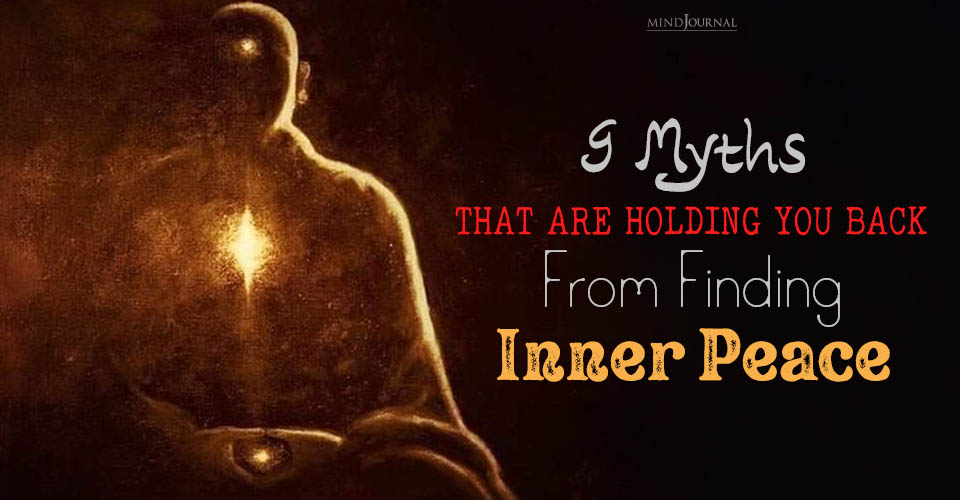Unhelpful behaviors: Why you can’t stop doing something that’s bad for you?
How to make choices that serve your long-term well-being?
KEY POINTS
Reward-based learning helped early humans survive. But in modern times, the same brain mechanisms can trap us in unhealthy habits. Recognizing that you have both an "impulsive self" and a "wise self" can help you foster self-compassion while making healthier choices. Reframing healthy behaviors as "rewards," building in hard stops, and practicing mindfulness can help change bad habits for the better.
Does any of this sound familiar? You hit “play next episode” on Netflix (for the third time in a row) even though you know you are staying up too late and have to work the next day. You check your social media and surf the web for “just a few more minutes” even though there are other things you know you should attend to. You have “just a few more sweets” even though you are quite full. You check your phone continually even though doing so takes you away from fully engaging in important things that you could be attending to.
Why It’s So Hard to Stop Doing Something That’s Bad for You
Why is it so difficult to stop something that feels pleasurable, even when you know it isn’t what is best for you in the long run?
For the human organism, reward-based learning (seeking what is pleasurable and avoiding what is painful) was a helpful evolutionary strategy for the human species. Pursuing things that felt good (such as sex or good-tasting food) and avoiding pain (e.g., getting bitten by a snake, or getting sick from a poisonous plant) helped our ancestors survive. This is hard-wired into our biology.
Stanford University health psychologist Kelly McGonigal explains that from a neuroscience perspective, it is as if we have two competing selves controlled by different parts of our brain. We have the impulsive self that wants immediate gratification, which is controlled by the midbrain (responsible for our fight-or-flight response); and we have the “wise self” that wants what is best for our long-term well being and can hold a wider perspective (controlled by the medial prefrontal cortex).
Dr. McGonigal explains that when we want to change a behavior (in this case stopping something that is unhelpful) it is as if we have two competing parts of our brain in conflict.
Related: 5 Tips To Help Get Rid Of Negative Thoughts
So how can we work with this? How can we disconnect from or stop engaging in behaviors that are pleasurable in the moment, in the service of our long-term well-being? Here are a few suggestions:
5 Strategies For Stopping Unhelpful Behaviors
1. Be Aware, Be Curious.
First, bring mindful awareness to your behavior to observe what is happening in each unfolding moment, in order to interrupt an automatic behavior. Pair this awareness with a genuine curiosity about what is happening, how it is happening, and the consequences of this particular behavior. Researcher and psychiatrist Judson Brewer, in his extensive research on how to interrupt habit loops, has found that mindful awareness and the essential element of curiosity are key ingredients for changing behaviors, including strong addictions.
Here is an example of what this kind of mindful awareness and curiosity might look like: “Isn’t this curious that I know I need to be at this appointment at 3:00, yet I am giving in to a strong pull to just check my emails and social media one more time? It feels like an anxious feeling is driving me as if I might miss out on something if I don’t do this.
There is a strong reward in the moment but on my way to this appointment, I am aware of high stress, anxiety, and frustration because I know I am now late and I am white-knuckling it all the way. This feels very uncomfortable in my body, and the stress from this behavior choice lingers long after I arrive late to my appointment.”

2. Be Intentional. Create Hard Stops.
Once you identify what isn’t working for you, see where you might need to create a “hard stop” for disengaging from unhelpful behaviors. A hard stop involves a commitment to drawing a firm line for yourself, as well as some willingness to tolerate immediate discomfort in the service of your long-term well-being.
To create a hard stop, be intentional about how it is going to happen. Don’t leave it to chance by just having a vague wish to change a behavior—have a concrete plan that you can implement consistently and put in place anything that will aid you and make it easier to follow through.
For example, if you want to go to bed by 10:30 and you know you get caught in TV shows that are hard to disconnect from, decide exactly what and how much you are going to watch before you sit down and turn the TV on. Figure out when you need to stop in order to give yourself enough time to unwind and get ready for bed. Set an alarm for the time you decide the TV will be turned off.
If you know that you often snack on unhealthy foods late at night, make a point of brushing your teeth immediately after dinner to make it less likely that you will want to eat after that. Prepare some healthy snacks that are readily available and easy to grab if the late-night munchies overpower you.
3. Flip It. Work With Your Reward System.
Instead of seeing this hard stop as taking away something, see it as adding something. Remind yourself of why you are doing this, focus on the reward of this hard stop, and identify what you want to move toward (rather than focusing on what you have to move away from).
For example, instead of focusing on “I have to turn the TV off at 10:00” focus on the fact that “I get to have a good night’s sleep tonight, give my body the rest it needs, and be my best self tomorrow.” Doing this helps to build a natural reward for yourself.
Thank your old brain for trying to help you survive, but remind yourself that you have more newly evolved parts of your brain that can actually help you more.
4. Rehearse. Strengthen The Reward.
Visualize in your mind the outcome that you want, and take a moment to feel any positive emotions of this in your body. For example, you might visualize turning off the TV at the time you say, having a relaxing bedtime ritual of unwinding, and getting a good night’s sleep waking up refreshed and energized.
Picture this and imagine how this will feel as if you could experience this now. Create a felt sense of this positive emotion in your body and stay with this feeling for a minute or more. Magnify the feeling of reward to help override the pull of the old behavior.
Related: 30 Morning Affirmations To Boost Your Confidence Daily
5. Treat The “Old” Brain Like A Small Child, With A Firm Hand Of Self-Compassion.
When I was having some difficulty in meditating consistently (by getting pulled away by all of the other things that I needed to do in the day), one of my beloved meditation teachers suggested engaging the “firm hand of self-compassion.”
As I wrote about in a previous blog, self-compassion versus self-criticism is much more motivating in changing behaviors. However, sometimes it can be helpful to engage a firm (but still caring) compassionate voice.
Think of this as a parent lovingly holding a child’s well-being in mind when it sets a clear boundary: “I know you really want to play outside now, but we are going to stay inside because there is lightning right now and it is not safe outdoors.” This might mean that the parent needs to be willing to tolerate the child’s upset in the service of what they know is best for the child. This too can be done firmly but lovingly. “I know you are feeling very disappointed right now because you were really looking forward to going out. It’s OK that you feel that way. I understand. But let’s find something indoors that you can do instead.”
Try being the firm but loving parent when it comes to working with the impulsive self that wants immediate gratification. Treat this part of your brain like a small child that needs to be guided in a nurturing way.
While the pull of the survival brain and our automatic habits can be quite strong, our ability to learn new things and use reward-based learning to our advantage is also part of our evolutionary inheritance. Try using all five of these strategies in combination to help override the power of immediate gratification and strengthen the rewards that come from listening to your wise self that truly does know best.
Written by:Beth Kurland Originally appeared on:Psychology Today Republished with permission















Leave a Reply
You must be logged in to post a comment.